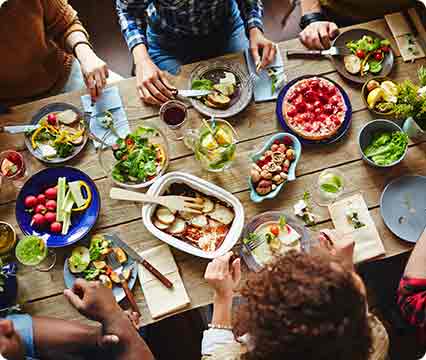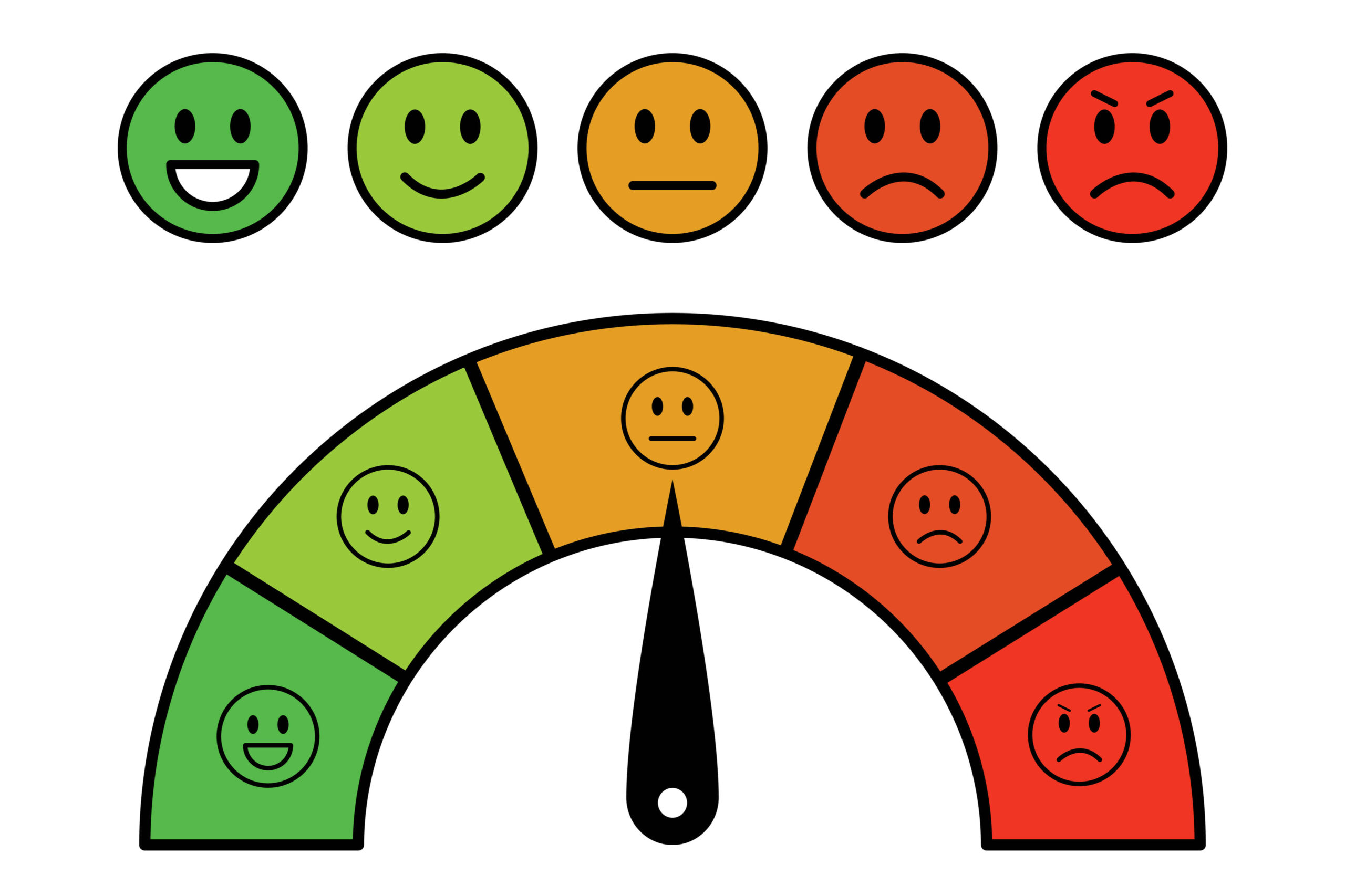Daily social resources as a buffer against stress eating and its consequences
Eating in response to stress can become a habit with long-term effects, such as weight gain, but little research has focused on ways to break this cycle. Park et al. (2024) investigated whether daily social resources might serve as protective factors against stress-induced eating and subsequent weight gain. In Study 1 (N = 1,264), the authors evaluated the emotional support obtained over 8 days (9,649 reports), the BMI/WHR after roughly 10 years, and the participants’ inclinations to eat in reaction to stress, body mass index (BMI), and waist-to-hip ratio (WHR) at baseline. The authors examined whether the likelihood of receiving emotional support moderated the relationship between stress eating and BMI/WHR at follow-up. The authors evaluated social responsiveness (feeling taken care of by others), daily stress-eating behavior over a 24-day period, stress-eating behavior and BMI at baseline, and BMI one year later in Study 2 (N = 536; 10,288 reports). The authors looked into whether social responsiveness moderated stress eaters’ daily eating habits and changes in BMI. With the exception of those who had greater emotional support in their everyday lives, stress eating was associated with increases in BMI and WHR at the 10-year follow-up in Study 1. In Study 2, stress eaters reported more daily stress-eating behaviors than non-stress eaters, but this was less frequent on days when they felt high levels of social responsiveness. After a year, stress eating did not predict changes in BMI. These results imply that social resources in everyday life can help stress eaters in the long run, perhaps by lowering their stress-eating behaviors. [NPID: Stress eating, social resources, weight gain, emotional support, body mass index, social responsiveness, stress-eating cycle]
Year: 2024
 Navigation
Navigation










